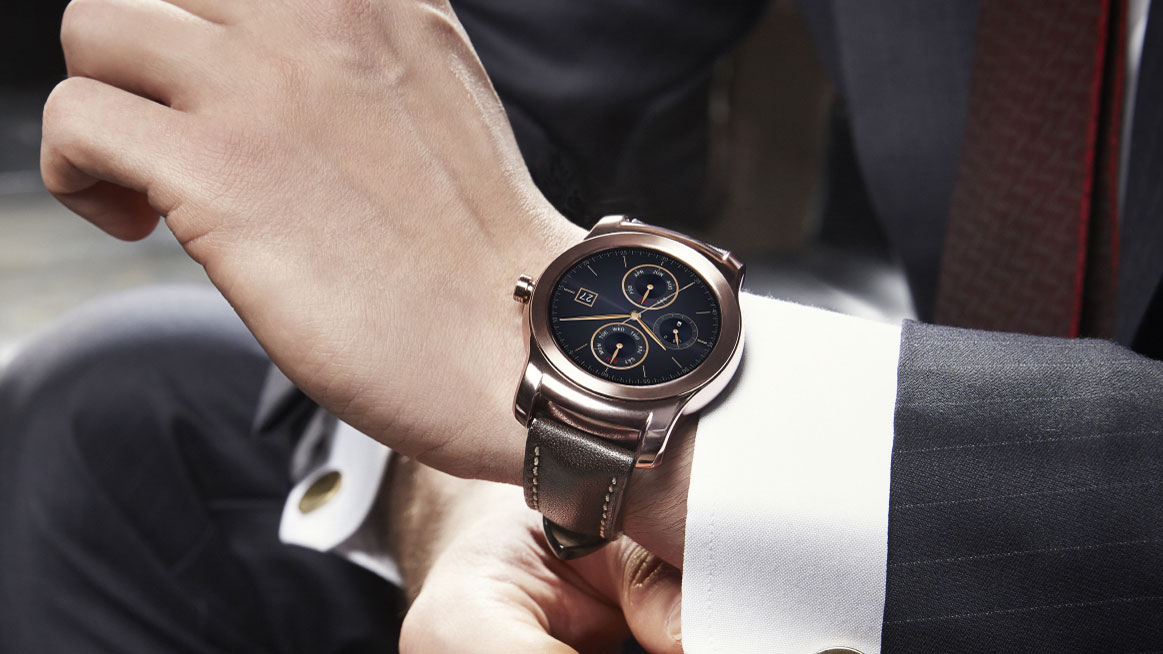Wearables are about to get a big battery life boost
LG is already onboard

Wearables are slowly becoming part of our connected life, and chip manufacturer Qualcomm is promising a raft of enticing features for the next generation of smartwatches, fitness trackers and more.
It's just launched its Snapdragon Wear 2100 processor, a dedicated chip for wearables which it says will bring better battery life, sleeker designs and even more smart functionality.
LG's already jumped on board with the Snapdragon Wear 2100, with the firm's Vice President David Yoon confirming that it will be "launching new smartwatches and other wearable devices that bring new and innovative use cases to consumers later this year."
Smaller, faster, longer, smarter
It will hopefully spark an influx of more visually appealing devices with the 2100 chip 30% smaller than the popular Snapdragon 400 processor which can be found in the majority of Android Wear watches today.
Qualcomm claims its new chip consumes 25% less power than the 400 it's replacing, so fingers crossed we'll see our watches last longer than two days before having to recharge them.
As well as Wi-Fi and Bluetooth the new chip also incorporates LTE connectivity, allowing you to get online without having to rely on your smartphone, and there's a new sensor hub for more accurate readings - such as steps and heart rate.
Manufacturers can get their hands on the chip already, and as we've said LG has already got products lined up with the Snapdragon Wear 2100 inside for launch later this year.
Sign up for breaking news, reviews, opinion, top tech deals, and more.

TechRadar's former Global Managing Editor, John has been a technology journalist for more than a decade, and over the years has built up a vast knowledge of the tech industry. He’s interviewed CEOs from some of the world’s biggest tech firms, visited their HQs, and appeared on live TV and radio, including Sky News, BBC News, BBC World News, Al Jazeera, LBC, and BBC Radio 4.